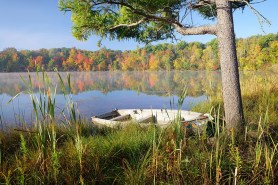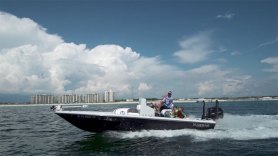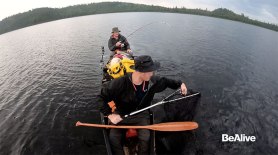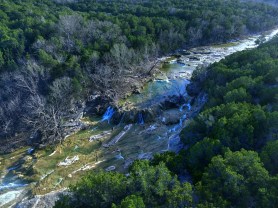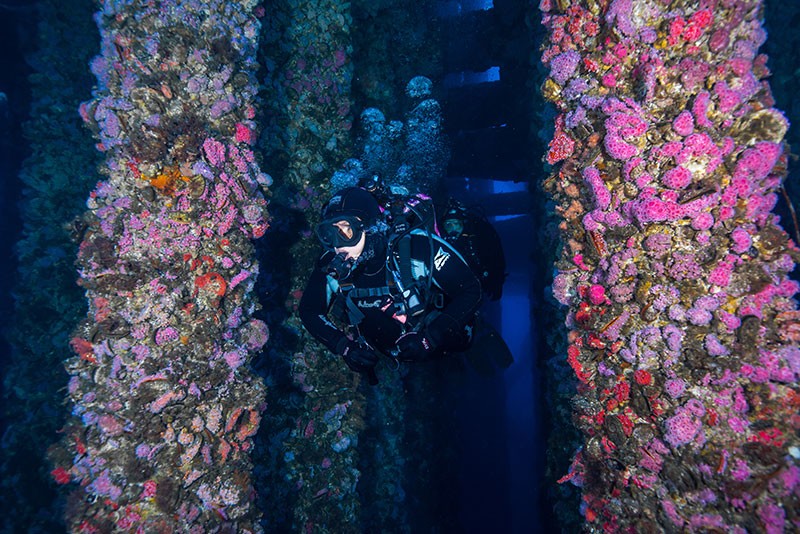

The debate: whether to completely dismantle 27 oil and gas platforms scattered along the Southern California coast as they near the end of their working lives, or convert the underwater sections into permanent artificial reefs for marine life.
Videos by Outdoors with Bear Grylls
Offshore oil and gas drilling has been a contentious issue in California for 50 years, ever since a rig ruptured and spilled 80,000 to 100,000 barrels of crude oil off the Santa Barbara coast in 1969.
We know that here and elsewhere, many thousands of fish and millions of invertebrates use offshore rigs as marine habitat. Working with state fisheries agencies, energy companies have converted decommissioned oil and gas platforms into artificial reefs in the Gulf of Mexico, Brunei and Malaysia.
Californians prize their spectacular coastline, and there are disagreements over the rigs-to-reefs concept. Some groups assert that abandoned oil rigs could release toxic chemicals into the water and create underwater hazards. In contrast, supporters say the submerged sections have become productive, artificial reefs that should be left in place.
Read the rest of the story at KQED here.




